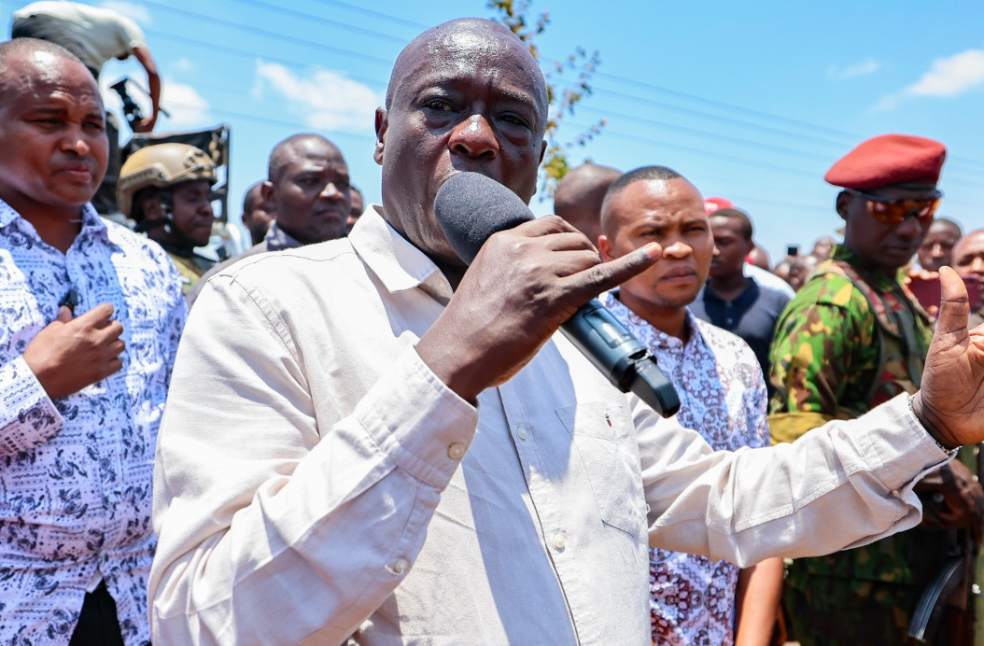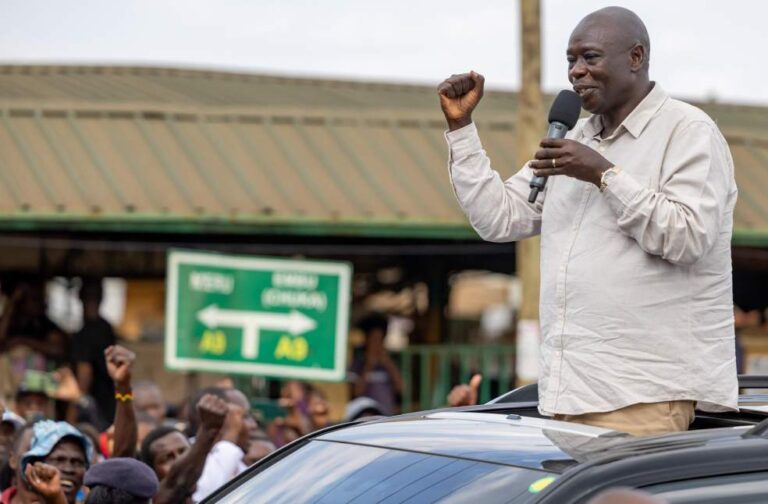Kenya: Kenya’s Deputy President, Rigathi Gachagua, has faced a critical moment as members of parliament prepare to vote on his impeachment following charges of corruption, abuse of office, and undermining the government. The impeachment process, which began on October 1, has seen an overwhelming 291 MPs sign the motion—well beyond the 117 required to advance the vote.
Gachagua has rejected the allegations, vehemently supporting his innocence stating that, “I am innocent of all these charges.” Gachagua vowed to stay in office, declaring that, “I have no purpose whatsoever to resign from this job. I will fight to the end.”
The impeachment effort, spearheaded by lawmakers from various political factions, is centred on 11 grounds of misconduct. While the charges are serious, Gachagua has not been formally charged, and there is no judicial inquiry currently open against him.
Should the National Assembly vote with a two-thirds majority to impeach him, the matter will move to the Senate, where a similar margin will be required to uphold the decision.
Gachagua is accused of accumulating unexplained wealth, with lawmakers claiming he amassed $40 million (5.2 billion Kenyan shillings) during his two years in office, far exceeding his annual salary of $93,000. These allegations come on top of a prior case from 2021, where he was charged with acquiring over $57 million (7.3 billion shillings) of unexplained wealth. That case was dropped when he and President William Ruto took office in 2022.

The deputy president has invariably maintained that his wealth comes from legitimate business dealings in his family’s real estate, hospitality, and construction enterprises. However, critics argue that his statements, including comparing the government to a company where coalition supporters should get priority in public sector jobs, have damaged his standing within Ruto’s administration.
Political fallout and shifting alliances
Gachagua’s impeachment vote comes at a time of political tension within Kenya’s leadership. He was instrumental in securing Mount Kenya’s substantial support for Ruto during the 2022 election. However, reports suggest a growing rift between the two, exacerbated by President Ruto’s decision to sack most of his cabinet and replace them with members of the opposition after deadly nationwide protests against tax hikes earlier this year.
Several MPs allied with Gachagua, accused of funding the protests, were recently summoned by police, further complicating the deputy president’s political standing.
If impeached, Rigathi Gachagua would be the first Kenyan deputy president to be removed from office since the 2010 constitutional changes introduced this process. As the vote looms, all eyes are on the National Assembly, where the political future of the deputy president hangs in the balance.



